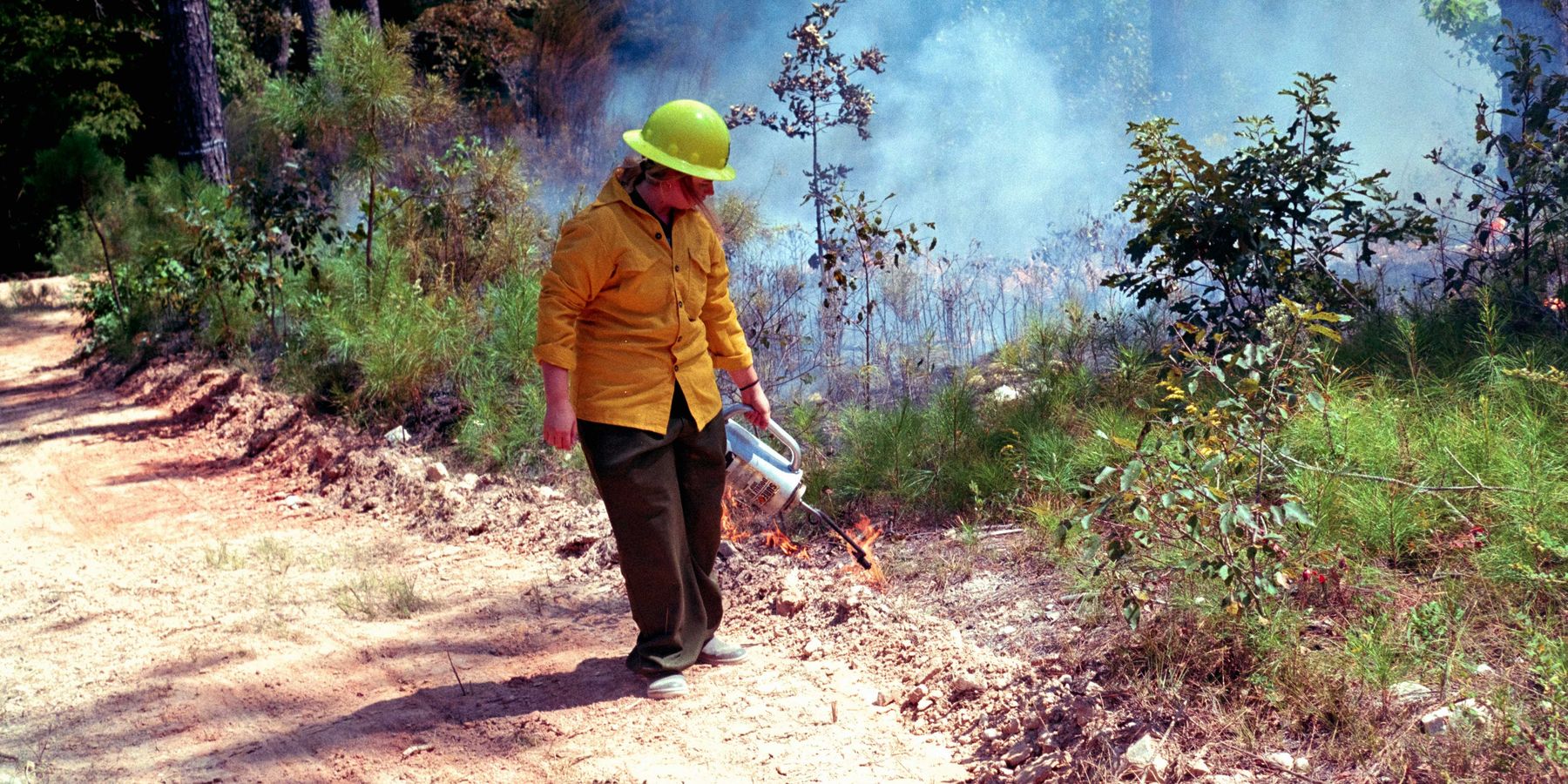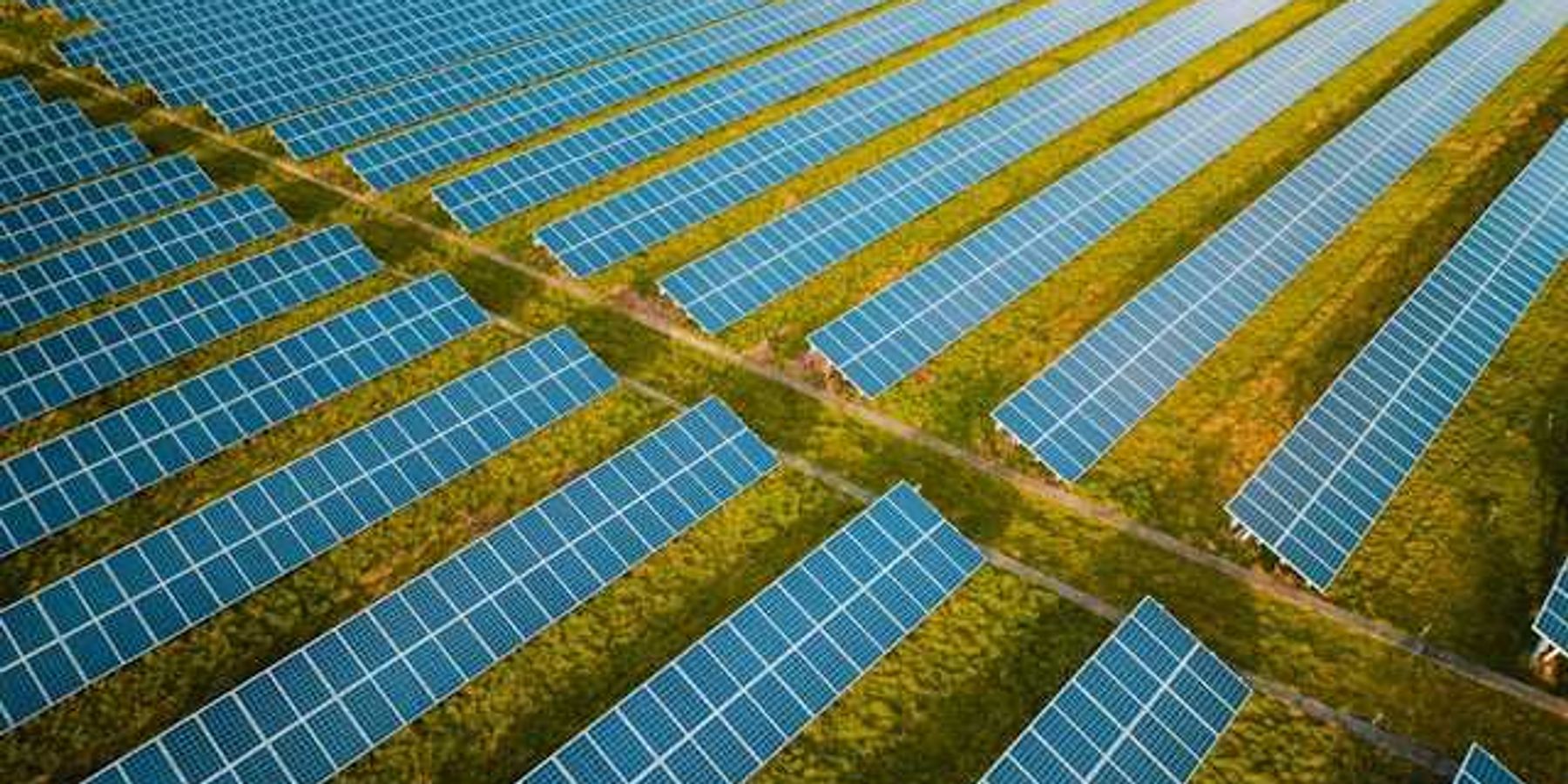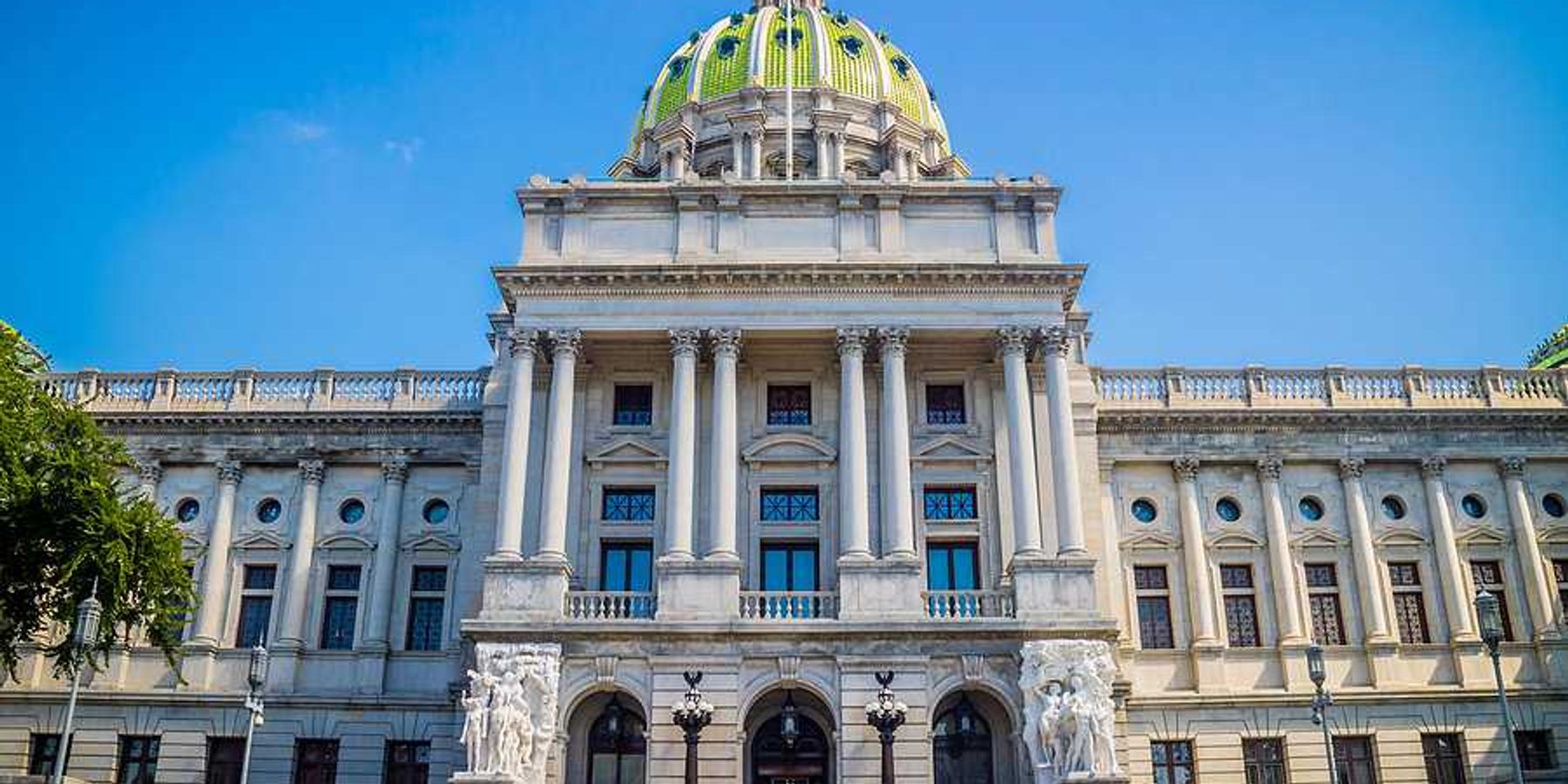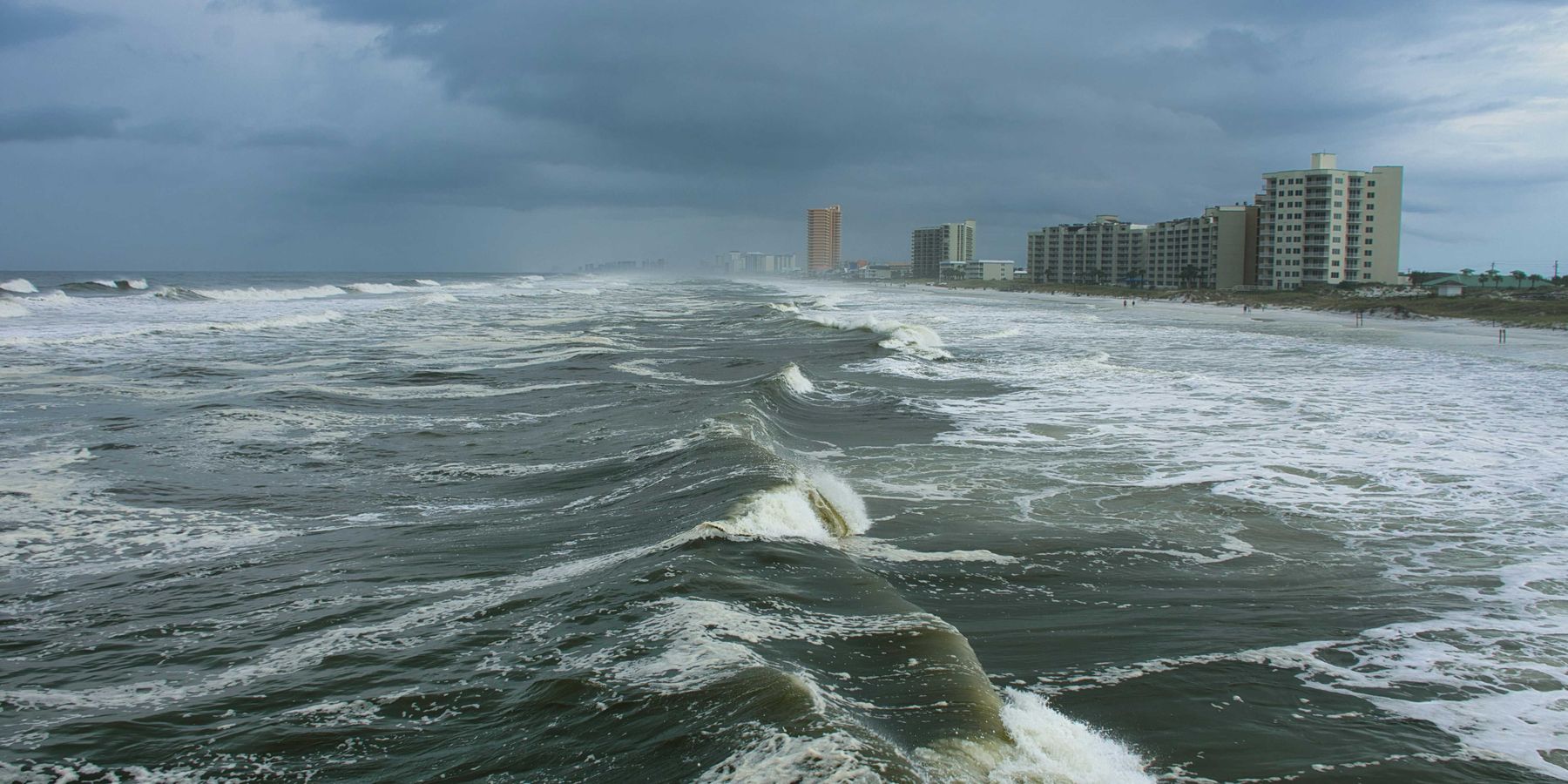Hurricanes are becoming less predictable and more dangerous
Fueled by rising ocean temperatures, hurricanes are intensifying faster, lasting longer, and becoming less predictable, posing new challenges for communities worldwide.
Martha Henriques reports for the BBC.
In short:
- Climate change is extending hurricane seasons and increasing their intensity, with warmer oceans providing more energy for storms.
- Hurricanes are slowing down, leading to prolonged rainfall and increased damage in affected areas.
- Shifting hurricane tracks are bringing extreme storms to regions unaccustomed to such events.
Key quote:
"Because we can't suddenly turn off climate change and have everything go back to the way it was. There's an inertia to the system that we can't really get past. And so adaptation is going to be a big part of it."
— James Kossin, climate and atmospheric scientist, NOAA, retired
Why this matters:
Hurricanes are no longer playing by the rules. As climate change cranks up the Earth's thermostat, these once somewhat predictable storms are turning into wild cards, packing unpredictable punches that leave communities scrambling to pick up the pieces. Read more: Robbie Parks on why hurricanes are getting deadlier.













